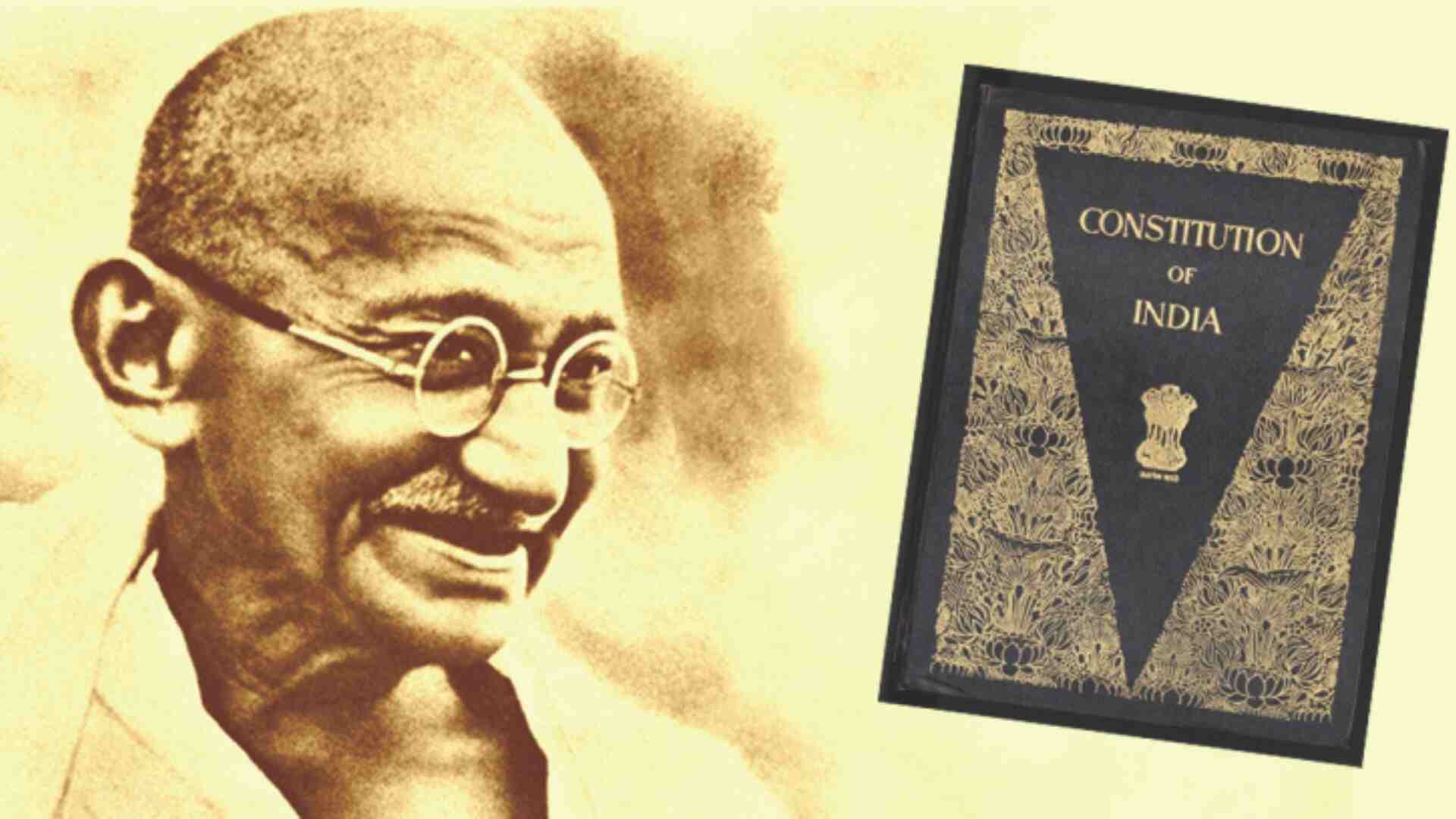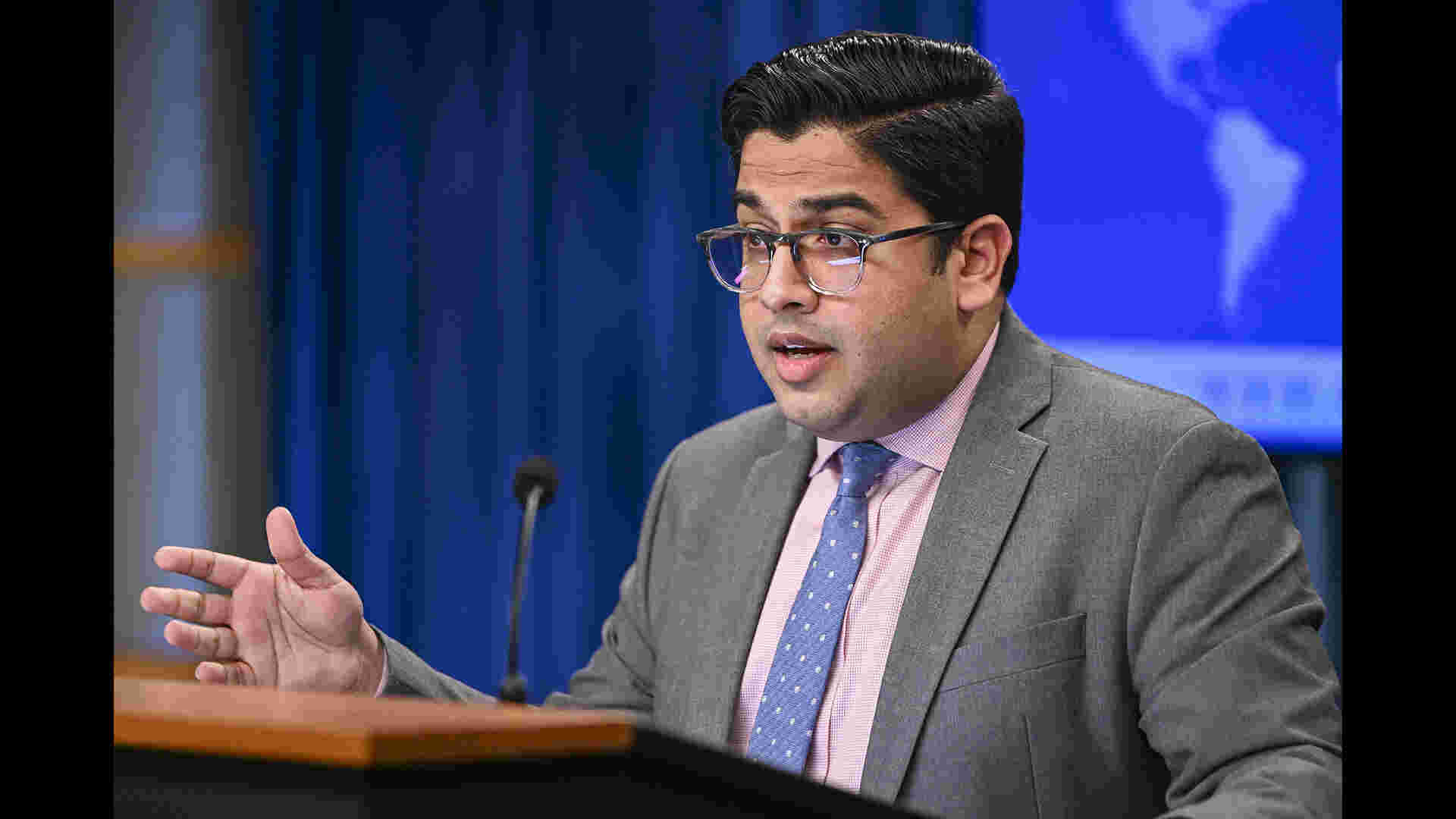
With the moral basics, socio-political thoughts, and grassroots activism perfectly blended together, Gandhian philosophy has significantly influenced the framing of the Indian Constitution. Mahatma Gandhi or Father of the Nation found and advocated truth, non-violence, self-reliance, equality, and simplicity. The lives of individuals-a comprehensive expression of all these attributes-widened the fight for independence in India and formed the design of the socio-political scene for post-colonial India. Gandhian philosophy was around every thought process of those men and women that were engaged in drafting the constitution. Many facets of Gandhian philosophy were infused in the legal and political institution of that newly independent nation. This is reflected in different sections of the Indian Constitution, particularly the Directive Principles of State Policy, the Preamble to the Indian Constitution, and other provisions that promote social justice and self-governance.
Among the most direct embodiments of Gandhian thought in the Indian Constitution is that the Directive Principles of State Policy under Part IV are included. These are non-justiciable principles, yet however represent a moral framework for the conduct of governance in the country, directing the state to create policies and regulations that assure the welfare and upliftment of all sections of society. In fact, many of the Directive Principles reflect Gandhi’s vision of an egalitarian society.
Article 40, dealing with the panchayats at the village level and the alienation of power to the local bodies, follows Gandhiji’s vision of “Gram Swaraj” or village self-rule. To Gandhi, independence could be won only from the grassroots level, where the smallest units of governance were self-sufficient and the center of its own administration. Panchayati Raj, incorporated by subsequent amendments to the Constitution, is a tribute paid to this philosophy of decentralized governance and participative democracy.
Article 43, while ordaining the development of cottage industries in rural areas resonates well with the Gandhian plank of economic self-sufficiency through indigenous industries. Gandhi had been a protagonist for Khadi and other village industries as catalyst to improve lives in rural areas and get rid of poverty by lessening the dependence on foreign goods. The idea of this self-reliance and rural upliftment forms the very basis of India’s long-term socio-economic vision.
Article 46, which grants the state the right to promote educational and economic interests of the weaker sections like Scheduled Castes and Scheduled Tribes. He considered the Harijans and always promoted their upliftment through education and economic prosperity.
The Preamble to the Indian Constitution mirrors the basic tenets of the Gandhian philosophy, specially with regard to justice, liberty, equality, and fraternity. His life was devoted to nothing else but the realization of justice-political, economic, or social. He always believed in non-violence (Ahimsa), with a concept entwined with that of justice, pleading for peaceable means in attaining equity and equality among mankind. The promise of social justice, the Preamble quoted Gandhi as saying, Justice, social, economic, and political, mirrors his concern for the downtrodden and his vision of an India where all people, irrespective of caste, class, or religion, could live with dignity. The commitment of the Constitution to uplift the marginalized and ensure equal opportunities for everyone mirrors Gandhi’s emphasis on Sarvodaya, or the welfare of all, particularly the weakest in society.
Gandhi’s commitment to non-violence is indirectly inculcated in the Fundamental Rights guaranteed by the Constitution. Right to life and personal liberty asserts Article 21, providing sanctity to life as belief by Gandhi that everybody has dignity no matter his or her position in life. This principle also reiterates the belief in Ahimsa espoused by Gandhi: one wherein the sanctity of life has to be preserved at all costs and, therefore, violence could not be bodily or mental.
Civil liberties such as speech, assembly, and association are safeguarded (Articles 19–22), resonating with Gandhi’s stand for civil disobedience, the right to peacefully protest, and individual freedom in a democratic society. His resistance, non-violent against colonial rule, takes the forms of movements of non-cooperation and satyagraha, which emphasizes the importance of peaceful assertion of rights in observance of the rule of law. It safeguards every citizen’s right to voice protest as long as such protest is expressed in a lawful and peaceful manner.
Much of his relentless fight against the evil of untouchability resulted in Article 17 of the Indian Constitution that abolishes untouchability and makes its practice in any form prohibited. Untouchability is regarded by many as a moral blot on Indian society, and much of Gandhi’s life was spent campaigning for the rights of the Dalits, whom he called Harijans-meaning children of God. This reflects his dream of an India free from caste discrimination as portrayed by the constitutional prohibition of untouchability, and the legal steps taken for social equality.
He further believed that economic equality was to be regarded as part of full freedom. Equitable wealth distribution, simple lifestyles, and all-round opposition to materialism were powerful sources in the shaping of such doctrines that promise a more just system of economics. For instance, Directive Principles ask for a state to work toward the acquisition of distributions of resources and to avoid concentration of wealth among a few. These economic ideals, based on Gandhi’s beliefs in trusteeship, aim for a balanced society where the rich will act as custodians of wealth with an eye to the less fortunate.
Gandhi’s doctrine of simplicity and self-sufficiency was even extended to his environmental philosophy. He dreamed of a harmonious relationship between human beings and nature. Here, he was arguing that life need not be expansively prolific nor consumptive but rather modest. The Indian Constitution never knew the environmental concern in its pristine form, but its later amendments, especially the inclusion of Article 48A, which tells the state to protect and improve the environment and to safeguard forests and wildlife, has deep reflection of Gandhian values of ecological sustainability. Gandhian philosophy of minimalism has defined India’s environmental policies and has put the country on the agenda to achieve sustainable development. His quote “The earth provides enough to satisfy every man’s need, but not every man’s greed” has indirectly inspired millions of Indians.
Therefore, Gandhian philosophy, finding its core elements in truth, non-violence, self-reliance, and social justice, has deeply been woven into the Indian Constitution’s fabric. A very modern legal document rooted in liberal democratic values, the Constitution incorporates most of Gandhi’s moral and ethical vision for India. The Indian Constitution reflects, from the Directive Principles to provisions related to social justice and equality as well as self-governance, what Gandhi stood for throughout his lifetime as an inclusive, non-violent, and equitable society. With India evolving further, Gandhian principles are valid reminders for the nation of the need for compassion and justice as well as for sustaining its development trajectory.
Dr. Nishi Kant Bibhu, Assistant Professor of Law, Bennett University (The Times Group) India & Prof. (Dr.) Pradeep Kulshreshtha, Professor & Dean, School of Law, Bennett University (The Times Group), India















